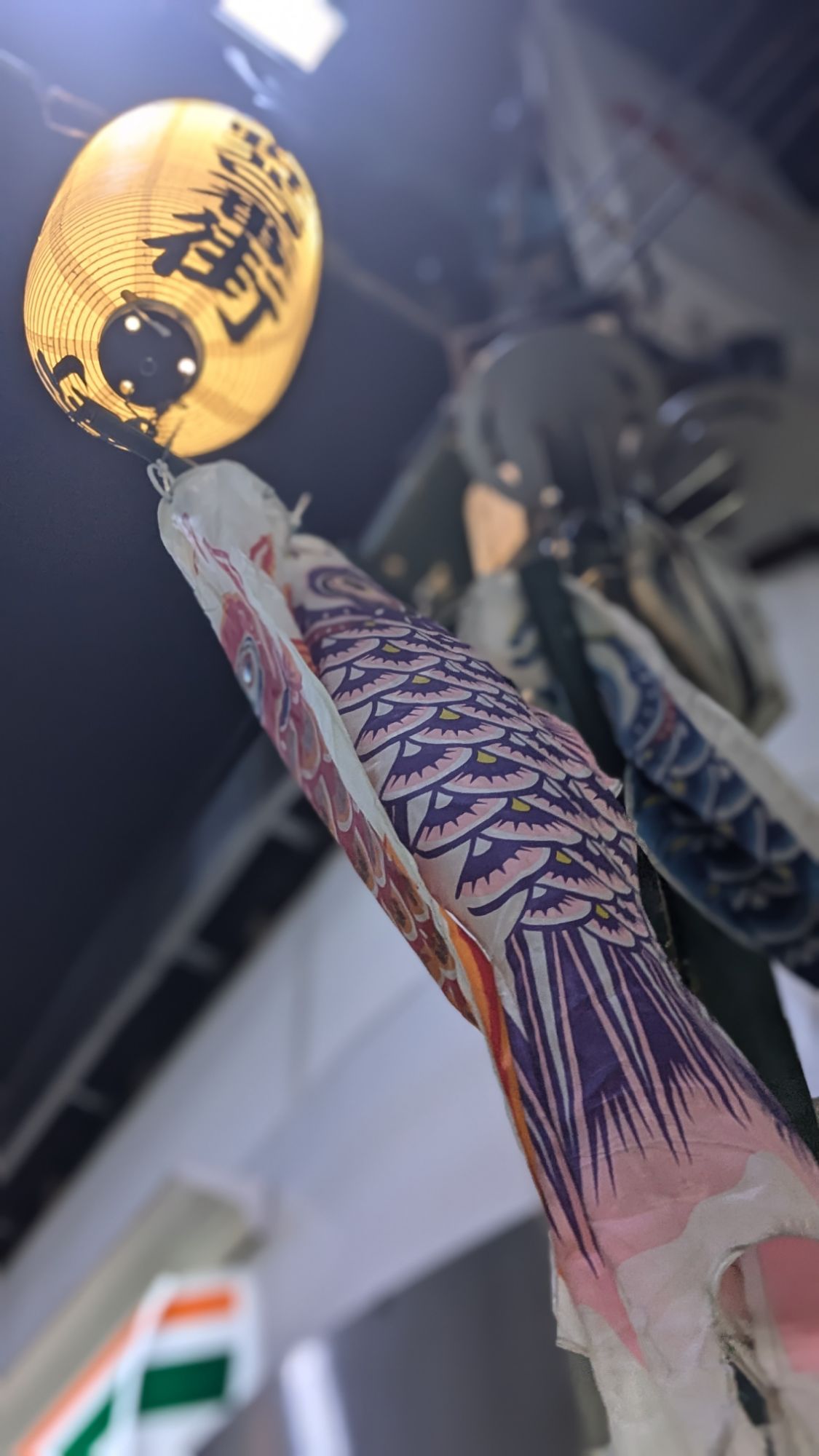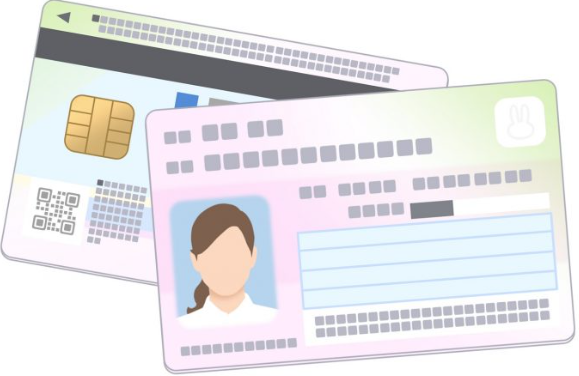皆さん, こんにちは!
How are you all doing? I hope you’re well!
In this post, I’ve put together a guide with the most important procedures you’ll need to complete during your first days in Japan.
I know — it can feel overwhelming at first, with so many things to take care of. But remember: all the effort is worth it, and you’ll have a whole year ahead to enjoy this amazing adventure that is the Working Holiday in Japan.
Keep reading so you don’t forget anything essential!

Step by Step 📝: How to Register Your Address at the Ward Office in Japan
The very first and most important step is registering your address at the local Ward Office (also known as City Hall) where you’ll be living.
If you’re staying at a hostel, capsule hotel, or something similar during your first days, keep in mind that you won’t be able to register that as your official address. You’ll need to wait until you move into a share house or more permanent housing.
Once you have your official address, simply search “Ward Office” or “City Hall” on Google Maps and head to the nearest one. If you’re lucky, you might find English-speaking staff. If not, no worries — a translation app will do the trick!
Here’s what to do:
- Let them know you want to register your address.
- Ask if there’s someone who speaks English. If not, proceed with a translator.
- You’ll be asked to fill out a form with your personal details and full address. Make sure to include the postal code, prefecture, city, ward, area, block number, building name, and room number. Here’s an example:
160-0004 Tokyo-to, Shinjuku-ku, Yotsuya 1-1-1 “Building Name” 101
〒160-0004 東京都新宿区四谷1-1-1 “Building Name” 101
Don’t worry about writing it in kanji — it’s perfectly fine to write it in romaji like in the example above.
Once you’re done, you’ll receive a number. Just wait until you’re called.
When you’re seen, mention that you’re on a Working Holiday Visa and request the pension exemption.
You’ll receive your Zaryu Card with your address officially registered, and you’ll also be enrolled in the National Health Insurance (Kokumin Kenko Hoken).
Don’t forget to bring your passport!
➡️ Moving to a different area?
You’ll need to notify the ward office and re-register your new address to update your residency card.
Guide for your first day in Japan
Zaryu Card in Japan 🪪: What You Need to Know About Your Residence Card

So, what’s a Zaryu Card?
It’s basically your ID in Japan. This residence card is issued to foreigners who are staying for more than 90 days and proves your legal status in the country. You’ll need it for many things — from registering at the ward office to getting a job.
It includes:
- Your full name
- Nationality
- Visa type
- Expiration date
Since the Working Holiday Visa is valid for one year, your Zaryu Card will reflect that.
🛬 When you arrive in Japan, mention your Working Holiday Visa at immigration, and you’ll receive your card right at the airport.
National Health Insurance in Japan 🏥: Why You Need It and How to Enroll
When you register your address, you’ll also be required to sign up for the National Health Insurance (Kokumin Kenko Hoken).
Even if you already have travel insurance, the national insurance is mandatory, and you must pay a monthly fee.
Why is this so important?
- Medical coverage: It covers most medical costs — hospital visits, medication, emergencies, surgeries, etc. You usually pay only 30%, while the insurance covers 70%.
- Fines: If you don’t enroll, you could face legal penalties.
- Family coverage: If you have dependents, they will also be covered.
If you’re hired by a company, they may provide their own health insurance, in which case you won’t need the national one.
Pension in Japan with a Working Holiday Visa: Do You Need to Pay? 🤔
The Japanese pension system can be intimidating due to its relatively high cost compared to health insurance. But if you’re on a Working Holiday Visa, you can request an exemption and avoid paying it.
What is the pension system?
It’s Japan’s retirement system. If you work for a company, a portion of your salary will go to the pension fund. In case you’re self-employed, you’ll have to pay it directly.
If you decide to stay longer in Japan, you’ll eventually need to start contributing.
My Number Card in Japan 🪪: What It Is and How to Get One
The My Number Card is a personal ID card with a unique number assigned to every resident in Japan. It’s used mainly for tax, social security, and other administrative services.

🧾 What can you do with a My Number Card?
- Access online government services
- Apply for pension, health insurance, tax returns, etc.
- Receive social benefits
Is it mandatory?
No, but the My Number itself is required for various processes. If you want the physical card, you can apply for it at your local ward office or online.
Just fill out a form, upload a recent photo, and wait about two weeks for delivery.
👉 More info on the My Number Card here
🏦 Opening a Bank Account at JP Bank: Best Option for Working Holiday in Japan
Lastly, let’s talk about opening a bank account.
When you first arrive, options can be limited. Many banks require you to have been living in Japan for 3 to 6 months.
In my case, the company I worked for used Mizuho Bank, which required at least 3 months of residence. So my first salaries were paid in cash. Later, my boss helped me open a bank account.
If you’re new to Japan, JP Bank is one of the best choices. They don’t require a minimum stay.
💼 Requirements to open a JP Bank account:
- Japanese address
- Zaryu Card
✅ Advantages:
- Quick and simple process
- Many branches have English-speaking staff
- No maintenance fees and international transfers available

Final Thoughts: What You Should Know Before Starting Your Working Holiday in Japan ❗
These procedures might seem long or tedious at first, but trust me — they’re essential to help you get settled and avoid feeling lost during your first days in Japan. Once everything’s done, you’ll be ready to fully enjoy your time in this amazing country!
In upcoming posts, I’ll share personal experiences, recommended places to visit, the Argentine community in Japan, and much more.
Enjoy your adventure!
よろしく,
花ちゃん。

Leave a Reply